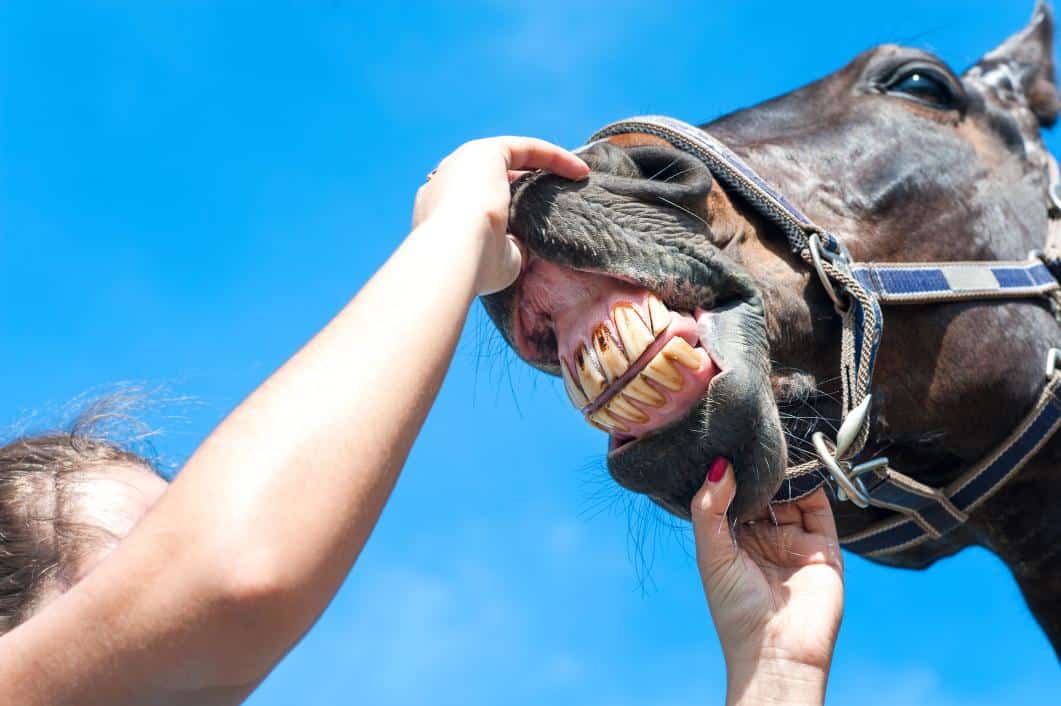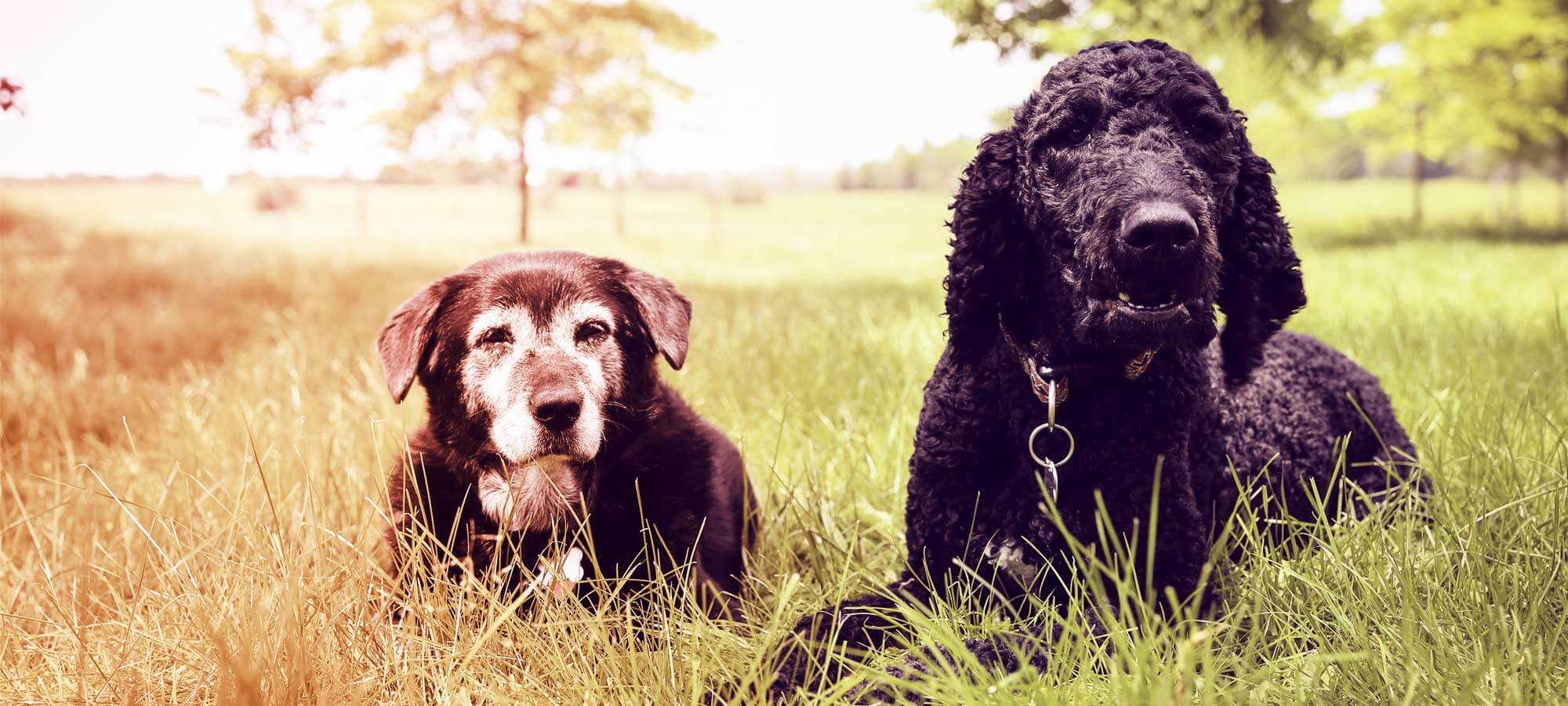Signs Your Horse Needs a Dental Check-Up

Equine dental care is an important element of overall health and wellness. When we can examine a horse every 6-12 months, we are likely to catch issues in and around the mouth, and hinder the development of various equine dental issues. Even with regular checkups, however, sometimes dental issues can still develop. The good news is that regular exams can bring relief, promote equine oral health, and lead to greater overall wellness.
What to Look For
Dental problems in horses typically result in the following symptoms:
- Slow feeding or problems chewing
- Dropping food (also known as quidding)
- Bad breath
- Facial swelling
- Drooling
- Weight loss
- Sensitivity to cold water
- Head tossing
- Resisting the bit
- Uneven wear on the teeth
- Lethargy or social withdrawal
If any of the above become noticeable, please call us for an equine dental exam. Early intervention can stave off pain and complications.
Common Horse Dental Problems
In addition to dental caries and periodontal disease, common equine dental issues include the following:
- Sharp enamel points on the teeth leading to ulcers and lacerations on the tongue and cheeks.
- Hooks or protrusions on the top premolars that may coincide with an overbite.
- Malocclusions caused by misaligned teeth can lead to problems with proper hygiene.
- Wave mouth is caused by irregular wear of the upper and lower arcades.
- Retained deciduous teeth (most horses have all their adult teeth around five years of age, but in some cases removal is necessary to solve alignment and overcrowding issues).
- Fractured teeth are often the result of excessive wear or injury.
- TMJ disorder causes sideways chewing and avoidance of certain foods.
- Equine Odontoclastic Tooth Resorption and Hypercementosis (EOTRH) is a condition that causes painful lesions of the incisors and canine teeth.
Floating and Other Proactive Measures
A qualified equine dentist can smooth sharp points and hooks on the teeth in a procedure called floating. Because these areas can develop as the result of normal chewing, anatomy, and development, floating is a common solution for horses to achieve optimal nutrition. Floating files down any irregularities on the surface of the teeth, reducing cheek cuts and even promoting alignment by balancing out the mouth.
A horse floater or equine dentist can also determine the strength of individual tooth structures, make recommendations for extractions if necessary, and check on the health of the sinuses and other structures inside the head and face.
Horse Dentistry
A regular equine dental exam can help horse owners prevent growth and age-related disorders inside the mouth. As they age, a horse’s teeth get harder but they don’t show as much rapid change seen in the first five years of life and development. Frequent exams can shed light on molar growth patterns and the angle of incisors.
Our team at Switzer Veterinary Clinic is always here to help with dental and general health concerns. Please call us at (989) 356‑4880 with any questions or concerns about horse health.

